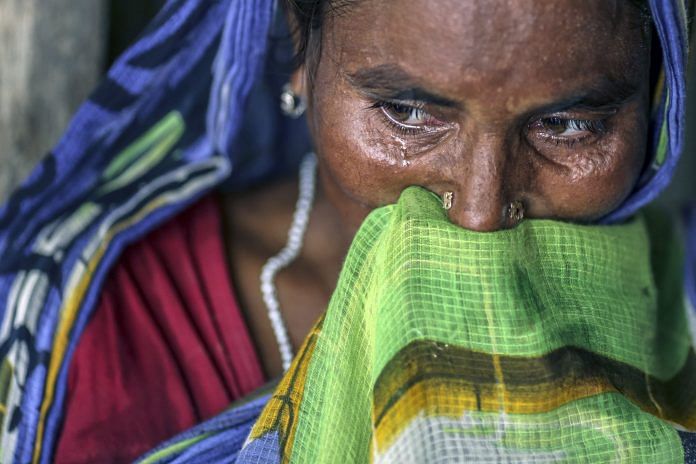New Delhi: Just seven years old, Afsana is now one of the 1.9 million people to have been rendered stateless in a citizenship drive in India’s northeastern state of Assam. Inexplicably, she’s the only member of her family who didn’t make the list.
“We are shocked,” said Afsana’s father Nijamul Haque, 29, who was visibly upset as he sat with his wife and daughter outside his small house surrounded by flood waters from the monsoon rains. “Whatever may happen, I will fight for my child.”
A kilometer away along a narrow lane in Nalbari, one of the districts where many of the state’s Muslims live, Morisful Begum couldn’t eat or sleep after she discovered on Saturday she had been declared a foreigner while her husband and three children had been recognized as Indian citizens. She’s eight months pregnant, and can’t afford the cost of appealing the decision on top of expenses for food and school.
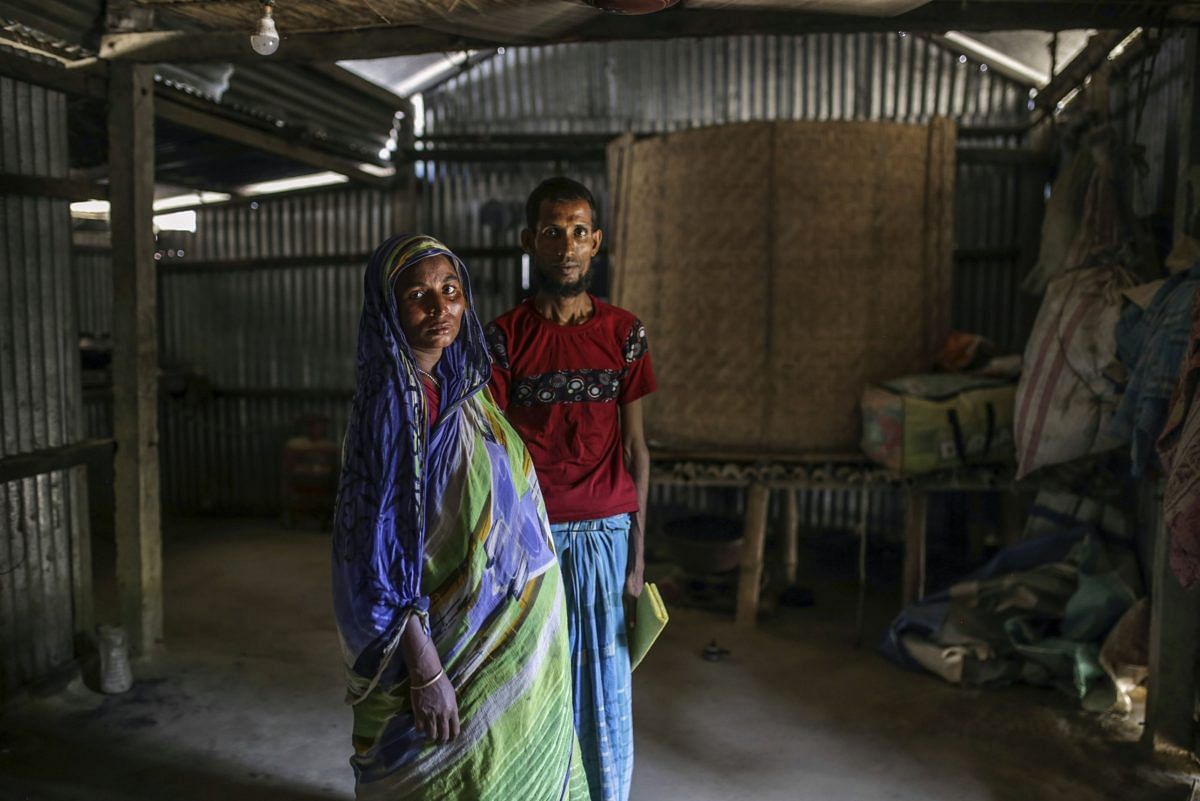
“Committing suicide is on my mind,” said Begum, 26, her eyes full of tears. “I can’t live in a detention camp away from my children and husband.”
A sense of betrayal and anger is growing in Muslim communities, which are most affected by the National Register of Citizens that aims to separate genuine citizens from illegal migrants. Instead, the country’s biggest and most complex registry is dividing families and causing ripples across the political spectrum, fueled by concerns Prime Minister Narendra Modi’s party is using the measure to advance a hardline Hindu agenda.
Interviews with more than a dozen residents and officials in Assam this week show many believe the exercise to detect undocumented migrants has been plagued by basic clerical errors and mistaken identities. Even prominent citizens such as lawmakers and retired soldiers have been excluded, plunging Assam into chaos and confusion.
Millions who’ve resided in the state for decades now fear they’ll be unable to vote in elections, access welfare programs or own property. Instead they could be forced to live in detention camps or be deported to neighboring Bangladesh, a Muslim-majority country.
“The exercise itself has been done in a way that it has been not only inhuman but also suffers from procedural and legal arbitrariness,” said Ashok Swain, professor at the Department of Peace and Conflict Research at Uppsala University in Sweden. “The real challenge is what is India going to do with the people those who don’t make it” on the registry, he said, adding that feelings of helplessness and resentment may fuel violent secessionist movements.
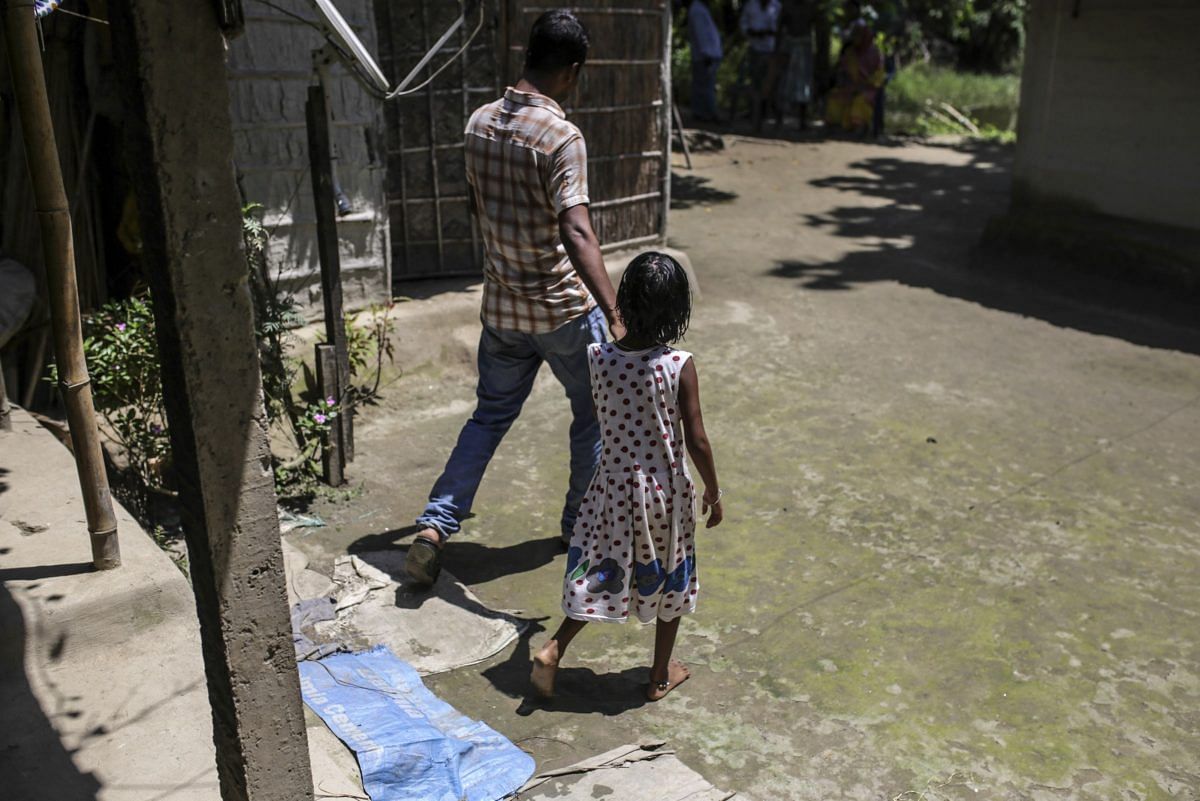
Even Modi’s ruling Bharatiya Janata Party has said it’s not happy with the implementation. High-profile state minister Himanta Biswa Sarma said in a tweet he was disappointed at the exclusion of many genuine residents and the inclusion of others through fraud. He also told a local television channel that “genuine Indians” left out should not worry and “foreigners” included in should not celebrate, as “nothing is final.” Calls to the offices of the prime minister and Home Minister Amit Shah seeking comment were unanswered.
As criticisms have built up, the home ministry has defended the process involving some 52,000 state government officials as meticulous, objective and transparent. “It is a non-discriminatory process, which leaves no room for bias and injustice,” said Raveesh Kumar, spokesman for India’s foreign ministry.
The Supreme Court-monitored exercise is aimed at determining who was born in the state of Assam and who might be a migrant from Bangladesh or other neighboring regions. It counts as Indian citizens those who can prove they were residents of Assam up to midnight on March 24, 1971—a day before Bangladesh declared its independence from Pakistan, leading to a war that killed hundreds of thousands.
Illegal migration has been a source of ethnic conflict and political unrest for decades in the tea-producing state where more than one in three people is Muslim. Modi’s party wants to replicate the citizenship register nationwide, featuring it as a key plank in its election manifesto. His government separately tried to push controversial legislation to grant Indian nationality to non-Muslim illegal migrants from nearby countries.
On Tuesday in Assam, half a dozen people lined up at a faded building in Guwahati, the state’s largest city that sits beside the Brahmaputra River, to access one of 100 so-called Foreigners Tribunals—quasi-judiciary bodies that are empowered to pass judgment on whether a person is a foreigner. But they were turned away, as the process to appeal decisions isn’t up and running yet.
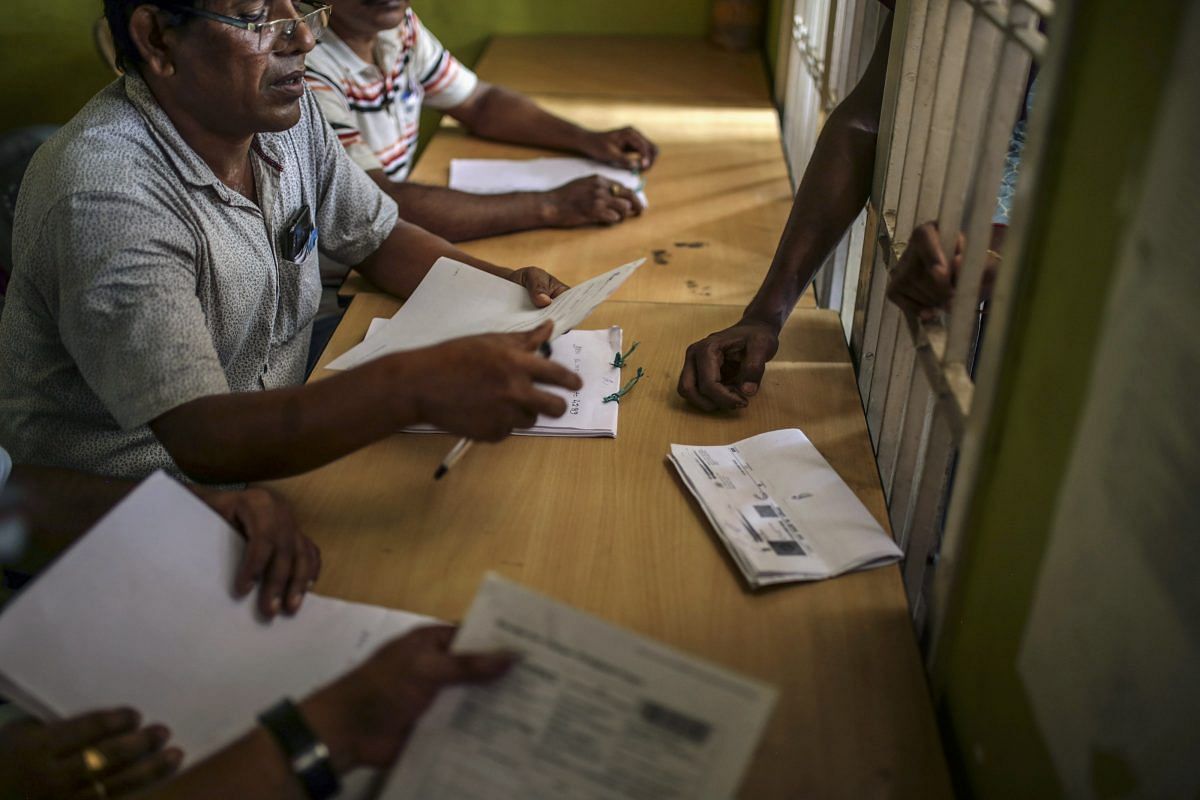
Government officials in the building who wouldn’t give their names said they expected a huge rush once the appeals begin. Those excluded can file an appeal within 120 days of receiving a notification, and the government has said it will provide free legal assistance to those who can’t afford it. Another 200 tribunals are in the process of being established.
It is not just Muslims who’ve been caught up in the chaos—Hindus have also been affected. Tea garden laborer Sonu Ramdey said because he is illiterate, he was unable to file the proper documents that would have allowed him to be included in the citizenship list, while Bisu Rajak, 55, a shopkeeper in Kamrup district, said his wife has been left out in the list, while other family members were recognized as citizens. “Ultimately the mistake will be corrected,” Rajak said. “But before that we have to to go through an ordeal.”
Rural women—many of whom can’t read or write—are some of the biggest losers in the process. With no proof of education or birth certificates to show, many find it tough to prove their identity, said Amzad Hussain, a social activist from Assam who is providing assistance to villagers. They also don’t have money to bear legal costs to defend themselves if they are left off the list.
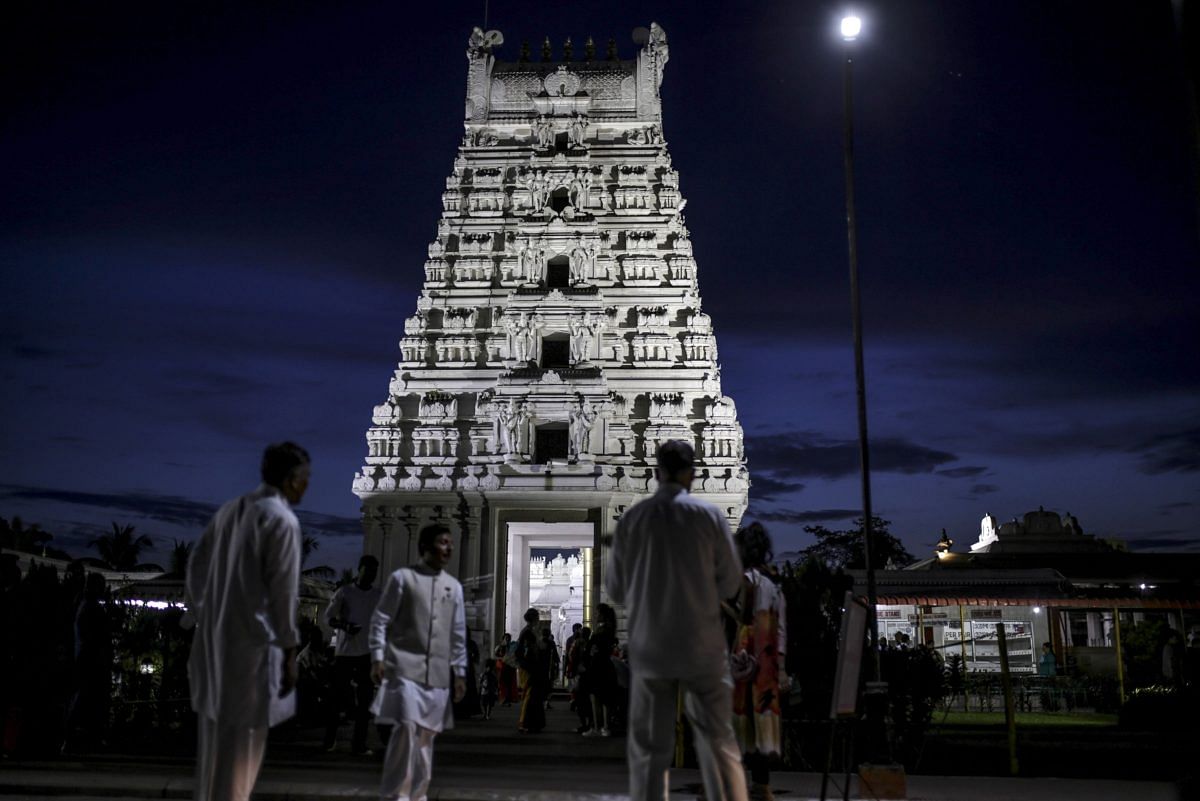
Tales of family separation are mounting. Twelve of Makbul Hussain’s 16 family members did not make it onto the list, while one of his brothers found a place with his family. Makbul Hussain, a school teacher, said he used the legacy data of his father, who has been voting in Indian elections since 1966. His brother submitted their grandfather’s credentials.
Makbul Hussain, who earlier supported the citizenship screening move because he believed it would help root out illegal Bangladeshi migrants, has now changed his mind.
“In spite of all the documents, this happened because some officials have a communal mindset and they just want to remove Muslims from the list,” he said. “But I will fight it to protect my family.” – Bloomberg
Also read: For Assam’s ‘foreigners’ who suffered in detention camps, NRC doesn’t mean end of troubles


